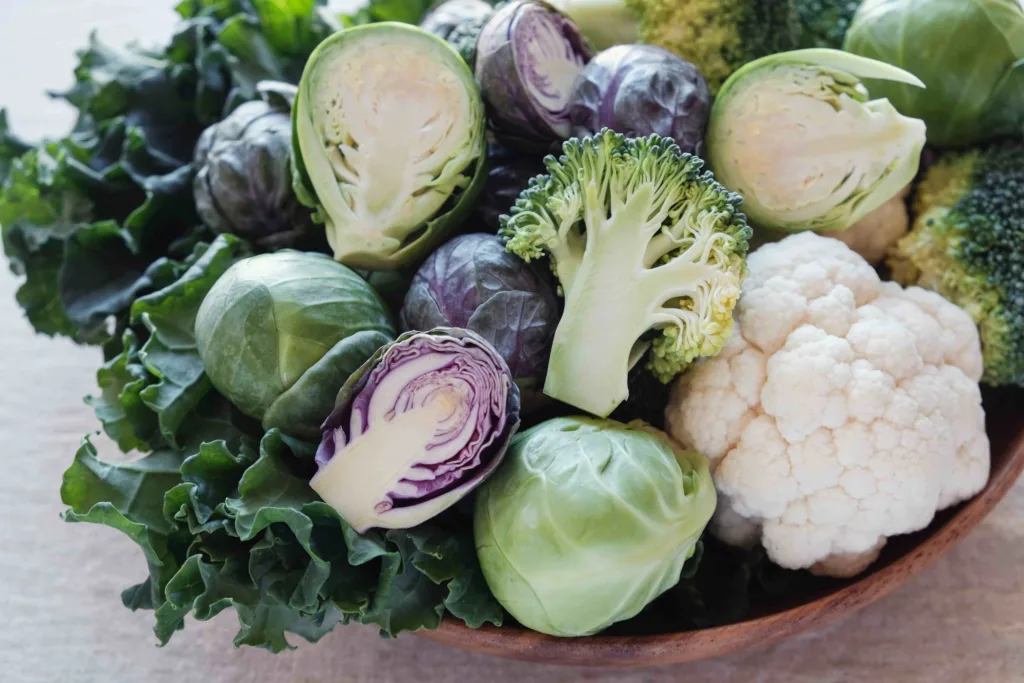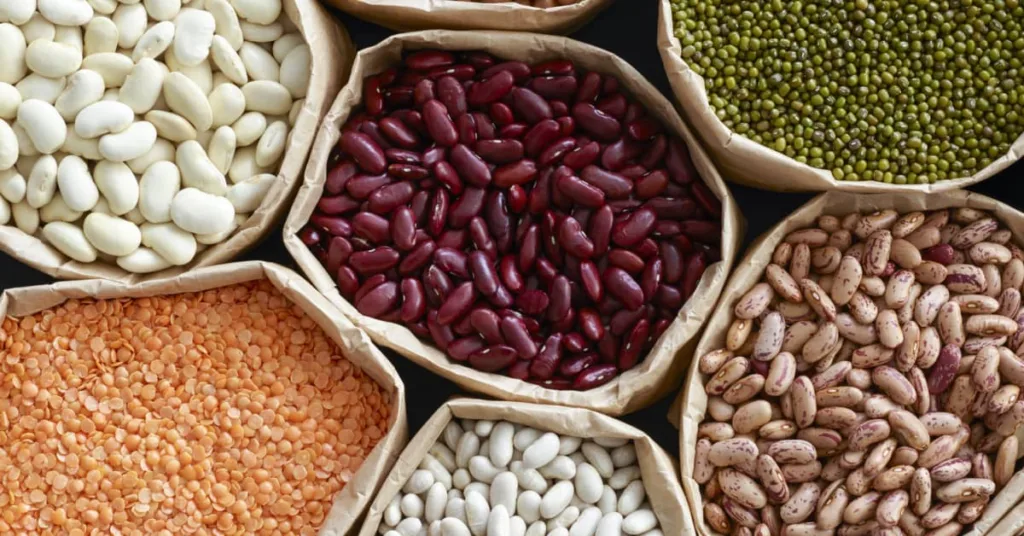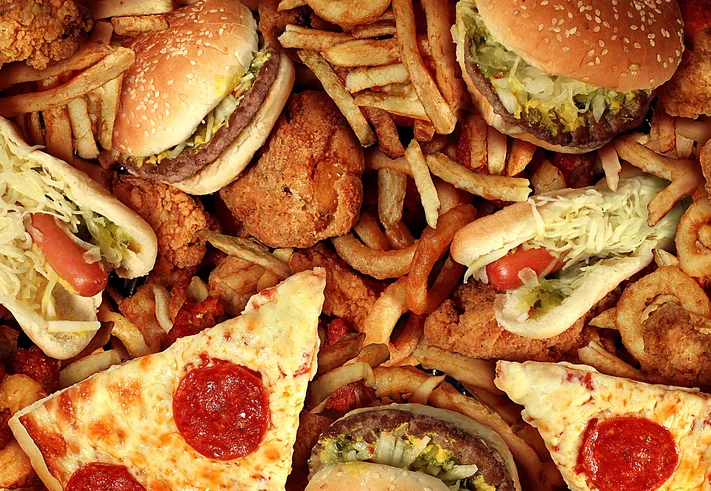
Bloating is a common and uncomfortable sensation characterized by a swollen or distended abdomen. While occasional bloating is normal, persistent bloating can be a sign of underlying digestive issues.
Diet plays a significant role in managing bloating, with certain foods known to exacerbate symptoms. By identifying and avoiding these culprits, you can achieve a happier, flatter stomach and improved digestive comfort.
Understanding Bloating
Before delving into the foods that can cause bloating, it’s crucial to understand what causes bloating. Bloating can occur due to various factors, including excess gas production, water retention, digestive disorders like irritable bowel syndrome (IBS), and food intolerances. Foods that are difficult to digest or high in fermentable carbohydrates can contribute to gas production and bloating.
Bloat No More: 7 Foods To Avoid That Can Cause Bloating
1. Carbonated Drinks

Image via CalOx
Carbonated beverages, including soda and sparkling water, introduce carbon dioxide into the digestive system, leading to increased gas production and bloating. Opting for still water or herbal teas can help alleviate bloating and promote better digestion.
2. Cruciferous Vegetables

Image via Healthy For Life Meals
While vegetables like broccoli, cabbage, cauliflower, and Brussels sprouts are nutrient-rich, they also contain sugars and fibers that are challenging for some individuals to digest. These vegetables can ferment in the gut, causing gas and bloating. Cooking them thoroughly or opting for smaller portions may help reduce bloating.
3. Legumes

Image via Tasting Table
Beans, lentils, and chickpeas are excellent sources of protein and fiber but can also contribute to bloating due to their high fiber content and presence of certain sugars, such as oligosaccharides. Soaking legumes before cooking and gradually increasing your intake can help your digestive system adjust and minimize bloating.
4. Dairy Products

Image via Nutrition Advance
Many people experience bloating and digestive discomfort after consuming dairy products due to lactose intolerance or sensitivity to dairy proteins. Milk, cheese, and yogurt contain lactose, a sugar that some individuals have difficulty digesting. Choosing lactose-free alternatives or opting for fermented dairy products like yogurt and kefir may be easier on the stomach.
5. Artificial Sweeteners

Image via WFLA
Artificial sweeteners like sorbitol, mannitol, and xylitol are commonly found in sugar-free gum, candies, and diet beverages. While they provide sweetness without the calories, these sweeteners can ferment in the gut, leading to gas and bloating. Opting for natural sweeteners like stevia or consuming sugary treats in moderation may help prevent bloating.
6. Fried & Fatty Foods

Image via Healthcare Daily Online
Fried and fatty foods, such as French fries, fried chicken, and greasy burgers, can slow down digestion and contribute to bloating. These foods are high in unhealthy fats, which can cause inflammation in the digestive tract and disrupt normal digestive processes. Choosing grilled, baked, or steamed options can reduce bloating and support better digestion.
7. Processed Foods

Image via Hackensack Meridien Health
Processed foods like chips, crackers, and pre-packaged meals often contain additives, preservatives, and artificial ingredients that can irritate the digestive system and contribute to bloating. Additionally, these foods are typically low in fiber and nutrients, further exacerbating digestive issues. Opting for whole, unprocessed foods like fruits, vegetables, lean proteins, and whole grains can promote better digestion and reduce bloating.
By avoiding these common triggers and incorporating gentle, digestion-friendly foods into your diet, you can alleviate bloating and promote a happier, healthier stomach. Remember to listen to your body and pay attention to how different foods affect your digestive system. Consulting with a healthcare professional or registered dietitian can provide personalized guidance and support for managing bloating and improving overall digestive health.










